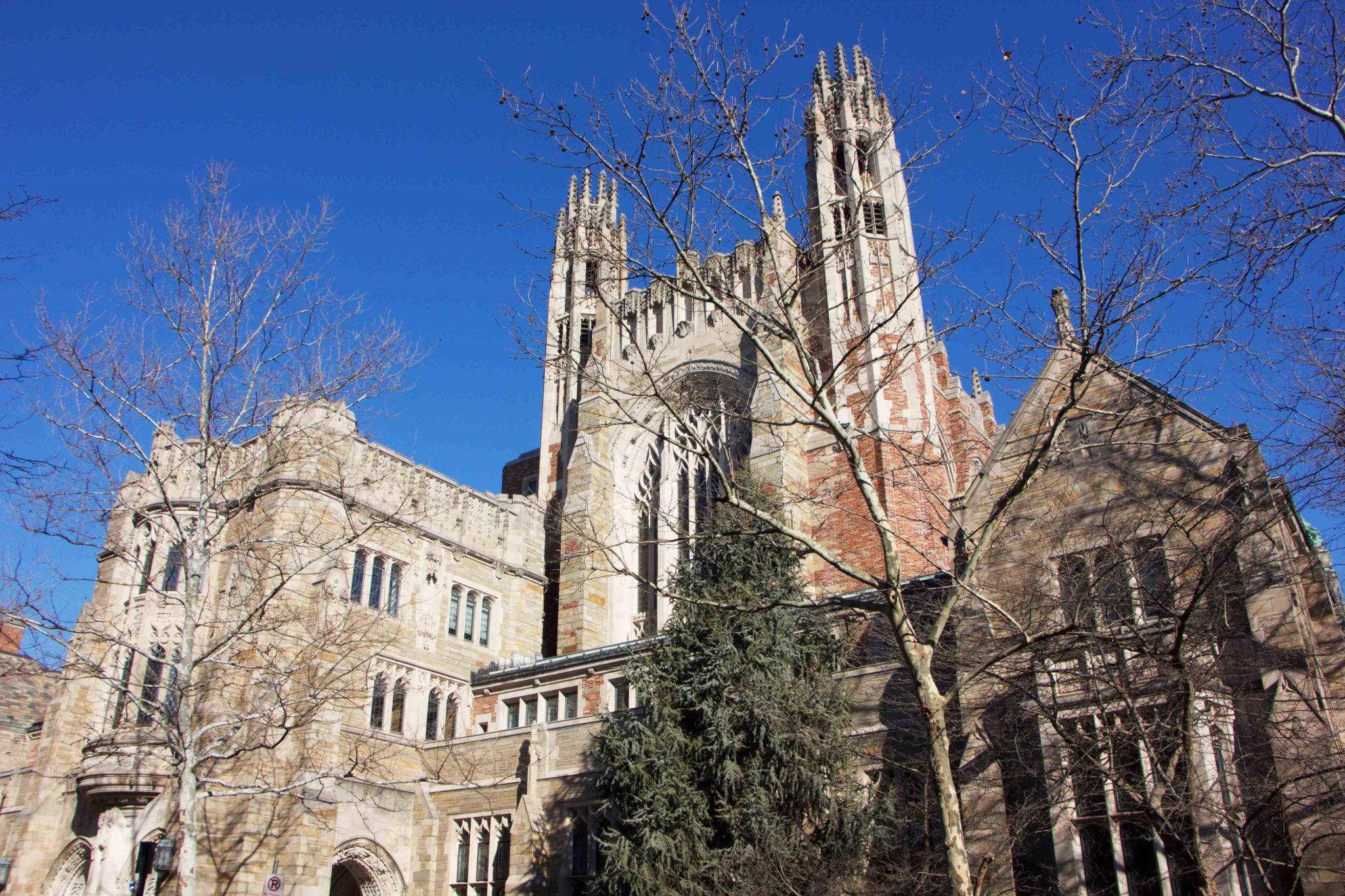
Steven Orientale
On Friday, Feb. 15 and Saturday, Feb. 16, Yale Law School will host the 25th annual Rebellious Lawyering (RebLaw) Conference, an event celebrating “rebellious lawyering.” But this year, one of the keynote speakers will not be in attendance.
Conference directors for RebLaw 25, all of whom are Yale Law School students, withdrew their invitation to controversial Philadelphia District Attorney Larry Krasner following a Harvard Law School student petition calling on the conference to do so.
The petition responds to Krasner’s appeal of the Philadelphia Court of Common Pleas’ decision to release former Black Panther and radio journalist Mumia Abu-Jamal, which he filed on Jan. 25 in the Pennsylvania Supreme Court.
Last year on Dec. 27, Judge Leon Tucker of the Philadelphia Court of Common Pleas ruled that Abu-Jamal did not receive due process of law, so Abu-Jamal subsequently filed his case with the Pennsylvania Supreme Court. A petition from Harvard law students claimed Abu-Jamal, which the petition described as the “Nelson Mandela of our time,” was wrongfully convicted for the death of a white police officer in Philadelphia in 1982. The petition stated that Krasner’s opposition to his release did not represent a rebellious spirit.
“Prosecutors, those managers of the oppressive state, regardless of the rhetoric they may espouse during a campaign, should not be invited to speak at a conference for Rebellious Lawyering,” the petition reads. “Doing so is antithetical to the meaning of rebellious and completely undermines the liberation struggle of people impacted by incarceration.”
As of Feb. 1, the petition had gained 311 out of a goal of 300 signatures. The original group organizing the petition included Mike Banerjee, Anneke Dunbar-Gronke, Denise Ghartey, Felipe Hernández and Emanuel Powell, all law students at Harvard. The day after the petition was sent, the conference directors released a letter rescinding Krasner’s invitation.
In a letter to Krasner, the organizers acknowledged that the decision was reflective of the opinion of the “rebellious lawyering” community.
“Because this issue is so important – and because as RebLaw directors we strive to make decisions together, incorporating the voices of our communities – we waited to release this letter until we all had a chance to reflect, discuss and determine how to best advance the goals and values that RebLaw embodies,” the RebLaw 25 directors wrote in an open letter.
The RebLaw organizers asked Krasner to join them in a conversation about progressive prosecution, but the district attorney declined, according to the letter.
Following Krasner’s rescindment, Dunbar-Gronke, who has attended the RebLaw conference for the last two years, said she is once again “interested” in attending. But her attendance is contingent on whether RebLaw contacts Abu-Jamal, still in the process of his appeal, to speak at the conference.
“We have struggled with the concept of progressive prosecution. While we understand that prosecutors are part of the criminal legal system, caging people is not okay,” Dunbar-Gronke said. “[But] when there are prosecutors who call themselves progressive, we have to hold them accountable.”
Yale’s RebLaw Conference is the largest student-run public interest law conference in the U.S.
Samuel Turner | samuel.turner@yale.edu







